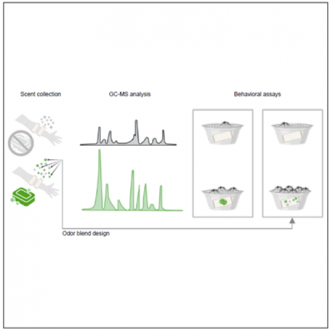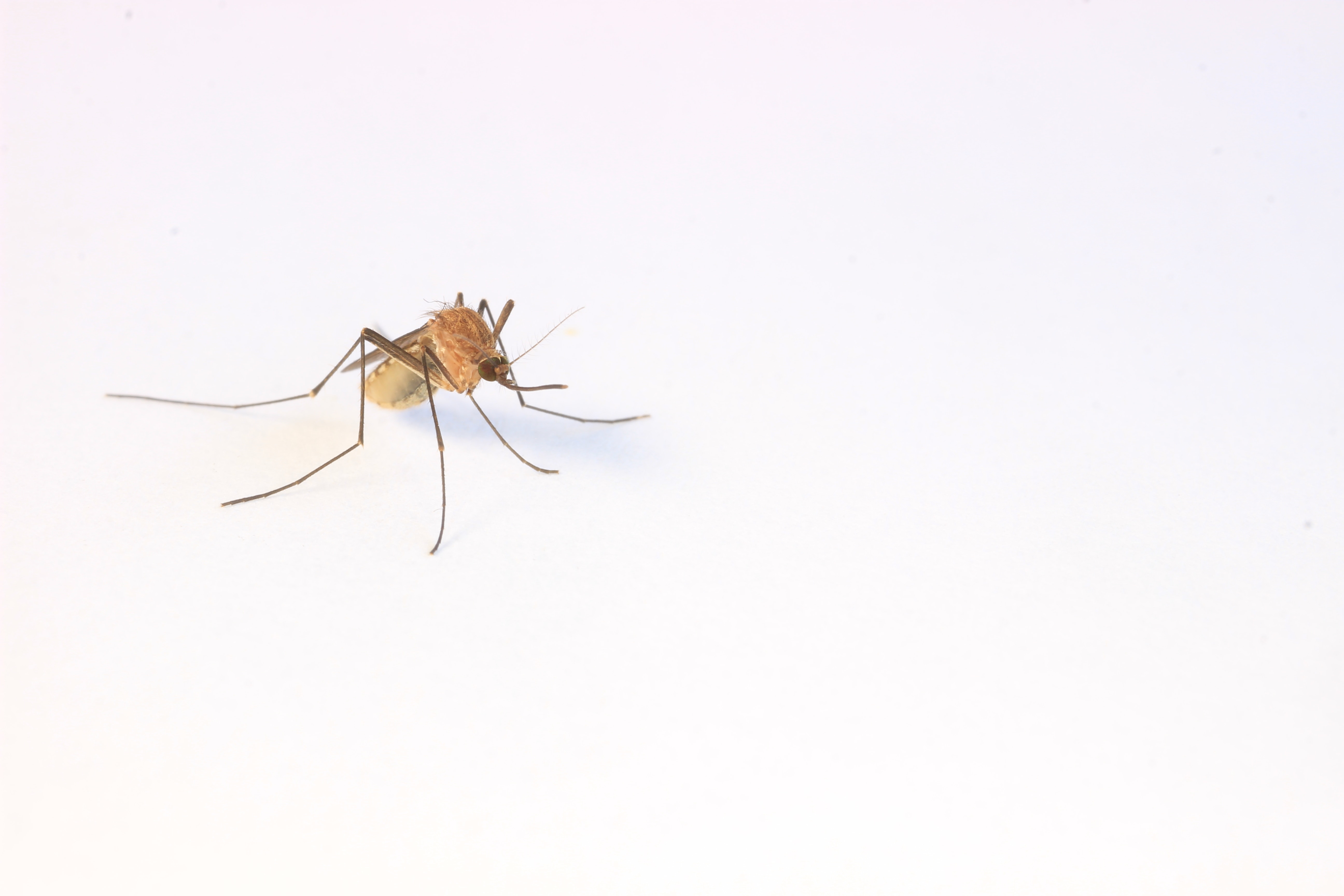News release
From:
Peer-reviewed Experimental study Animals/Mosquitoes
Washing with different soaps could make you more or less attractive to mosquitoes
Theories abound for why some people are mosquito magnets while others get off bite-free. A team of researchers from Virginia Tech report May 10 in the journal iScience that washing with some soaps attracted mosquitoes, while other soaps were repellent, but these effects varied between different people as a result of interactions between the soaps and each person’s unique odor profile.
“It's remarkable that the same individual that is extremely attractive to mosquitoes when they are unwashed can be turned even more attractive to mosquitoes with one soap, and then become repellent or repulsive to mosquitoes with another soap,” says senior author and neuroethologist Clément Vinauger (@thevinaugerlab).
Humans have been using soaps and other perfumed personal products since antiquity. We know that soaps change our perception of each other’s body odor, but it’s less clear whether these products also change how mosquitoes perceive and discriminate between us as possible blood donors. Mosquitoes don’t feed on blood alone—in fact, their main food source is plant nectar—so dousing ourselves with plant-derived or plant-mimicking scents could potentially confuse their decision-making.
To explore the relationship between soap application and attractiveness to mosquitoes, the researchers first characterized the chemical odors emitted by four human volunteers, both when unwashed and after they’d washed themselves with each of four brands of soap— Dial, Dove, Native, and Simple Truth. They also characterized the odor profiles of the soaps themselves.
The team found that each of the volunteers emitted their own unique odor profile, some of which were more attractive to mosquitoes than others. Soap-washing significantly changed these odor profiles, and not only by adding floral fragrances to the mix.
“Everybody smells different, even after the application of soap; your physiological status, the way you live, what you eat, and the places you go all affect the way you smell,” says co-author and biologist Chloé Lahondère (@Lahondere_Lab). “And soaps drastically change the way we smell, not only by adding chemicals, but also by causing variations in the emission of compounds that we are already naturally producing.”
Next, the researchers compared the relative attractiveness of each human volunteer to Aedes aegypti mosquitoes when unwashed versus an hour after using the different soaps. Because male mosquitoes feed exclusively on nectar, and females only feed on blood after mating, the researchers exclusively tested the attractiveness for adult female mosquitoes who had recently mated. They also excluded the effects of exhaled carbon dioxide (CO2)—another important cue for mosquitoes—by conducting the mosquito preference trials on fabric that had absorbed the human volunteer’s odors rather than on the humans themselves.
Soap-washing impacted the mosquitoes’ preferences, but the size and direction of this impact differed between soap types and between the human volunteers. Washing with Dove and Simple Truth increased the attractiveness of some (but not all) volunteers, while washing with Native soap tended to repel mosquitoes.
“What really matters to the mosquito is not the most abundant chemical, but rather the specific associations and combinations of chemicals, not only from the soap, but also from our personal body odors,” says Vinauger. “All of the soaps contained a chemical called limonene which is a known mosquito repellent, but in spite of that being the main chemical in all four soaps, three out of the four soaps we tested increased mosquitoes’ attraction.”
“We know that ratios of chemicals are extremely important for determining whether mosquitoes are attracted or repelled,” says Lahondère. “Changing the ratio of the same exact chemicals can result in attraction, indifference, or repulsion.”
To identify the specific ingredients that attract and repel mosquitoes, the researchers analyzed the chemical compositions of the different soaps in light of their impacts on mosquito preference. They identified four chemicals associated with mosquito attraction and three chemicals associated with repulsion, including a coconut-scented chemical that is a key component in American Bourbon and a floral compound used to treat scabies and lice. The team combined these chemicals to create and test attractive and repellent odor blends, which had strong impacts on mosquito preference.
“With these mixtures, we eliminated all the noise in the signal by only including those chemicals that the statistics were telling us are important for attraction or repulsion,” says Vinauger. “I would choose a coconut-scented soap if I wanted to reduce mosquito attraction.”
The team intends to expand these results and find some general patterns or rules by testing more soap varieties and many more people. They also plan to explore how soap impacts mosquito preference over a longer period of time. “We're very curious to look at the time course of this effect—so for example, if you take a shower in the morning, does it still matter to mosquitoes in the evening?” says Vinauger.
Multimedia




 International
International



